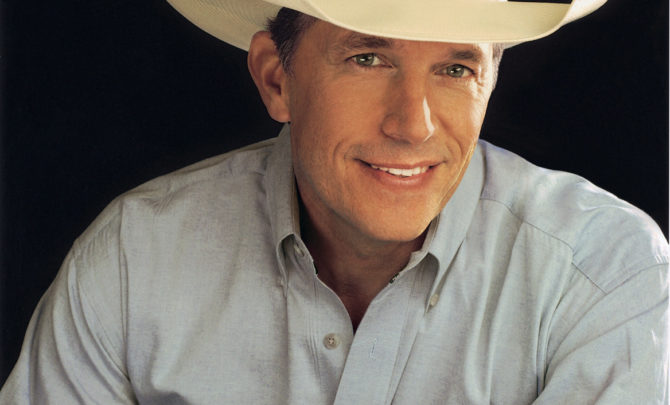
---> Scroll down for the VIDEO
About the song
George Strait’s “You’ll Be There”. Released in 2005, this poignant ballad from his album Somewhere Down in Texas is a cornerstone of country music for a reason. Strait, the undisputed King of Country, isn’t known for flashy theatrics or complex melodies. His strength lies in his ability to deliver raw emotion with a smooth, almost conversational voice. And “You’ll Be There” is a prime example of that.
The song tackles a weighty subject – loss and the afterlife. It doesn’t shy away from the realities of aging, with lines like “you can’t take nothin’ back” and “swapped my old knees for a friend, a scarred map back from a fall.” There’s a weary acceptance of mortality, a pondering of what lies beyond. But beneath that melancholic surface lies a current of hope.
---> Scroll down for the VIDEO
The melody itself is deceptively simple, a gentle country waltz that carries the weight of the lyrics without overwhelming the listener. The focus is squarely on Strait’s voice, which cracks slightly at times, adding a layer of vulnerability that resonates deeply.
The sparse instrumentation – acoustic guitar, piano, and subtle strings – creates a sense of intimacy, as if we’re eavesdropping on a private conversation between a man and his departed loved one.
“You’ll Be There” isn’t a religious song, per se. It doesn’t preach or offer definitive answers. Instead, it grapples with the vast unknown, the yearning for connection that transcends the physical realm. The plea, “If I make it…and it might be a long way…but I’m gonna take it,” is both heartbreaking and resolute. It speaks to the enduring power of love, the belief that even in death, the bonds we forge remain.
This song struck a chord with audiences, becoming a major hit for Strait and a country classic. It’s a song that resonates with people of all ages, a testament to the universality of loss and the enduring human desire to believe in something greater than ourselves.
So, sit back, take a listen to “You’ll Be There”, and let yourself be swept away by the simple eloquence of George Strait’s voice and the profound beauty of a song that contemplates life, death, and the hope of what lies beyond.